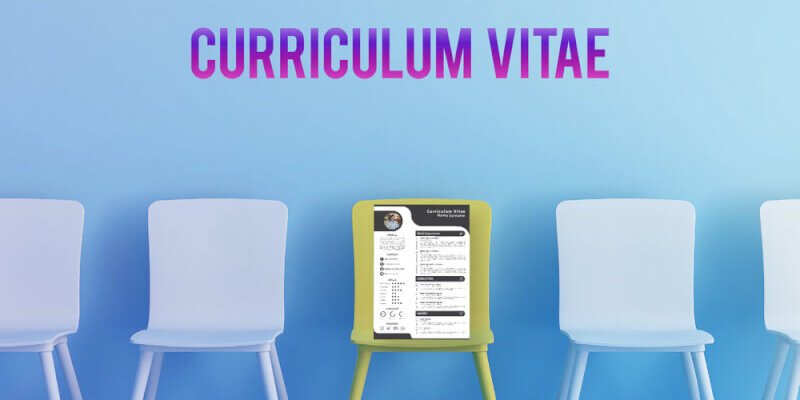The story of your life, which in Latin translates to “Curriculum Vitae” or widely known as CV. Your CV is essentially the story of your life. It has to be up to date and it has to reflect who you are throughout. It is your most important asset when it comes to job seeking. For that, it has to be as best as it can be. It has to be well-written and well designed.
But what do decision makers look for in a CV?
An employer is looking to find the following things in your CV.
- Personal details
- Work experience
- Education
- Interests
- Soft Skills
- References
You must understand that when it comes to hiring the decision-makers go through hundreds of CVs. Sometimes your CV is just scanned by a machine and rejected before it even reaches a human set of eyes. Yours needs to be concise but also stand out.
A well-written CV starts strong. You grab the attention of the decision-maker from the get-go. You emphasize on results, and demonstrate why you are more goal-oriented. You adapt and customise the CV specifically to the job you are applying for, and of course you use power words, words which evoke an emotion and a response, which really make an impact such as: adaptive, innovative, achieved etc.

Don’t be afraid to really sell what you are good at, but be careful not to sound too narcistic. Demonstrate why you have the skills you claim to possess. Why are you a problem solver, for example? Your work experience needs to reflect the skills you have acquired over the years. Why are you a strong leader? What tasks have you undertaken that can prove that?
In general, a CV must be 1-2 pages long. You must try to keep bullet points less than 6 at a time, and each bullet should be no more than two sentences. So try and cut down your CV to 1-2 pages and tailor it to the job you are applying for. Pay attention to the structure of the CV. Design isn’t just fancy colours and patterns, but also refers to structure. It is important to separate the information in sections. You can also use infographics and try to implement some visual features onto your CV. For example, use a nice timeline or a bar graph to demonstrate your key strengths!

The importance of your CV is no secret. Make the best version of your CV, and remember: on average an applicant is rejected 24 times before they are finally accepted in a position, so don’t fret and don’t get stressed about it. Keep trying and you will get there. Don’t let anyone demotivate you!








